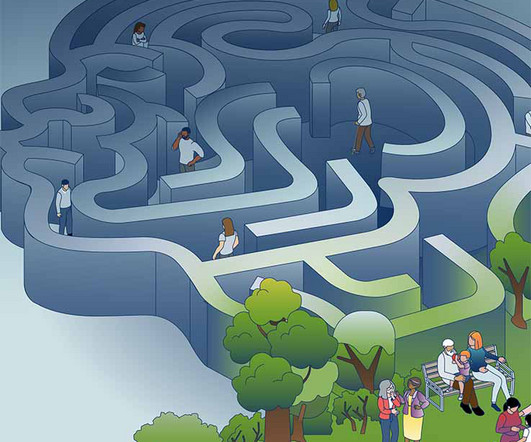Of Myths and Markets: Moving Beyond the Capitalist God That Failed Us
NonProfit Quarterly
APRIL 19, 2023
It’s about shrinking the state—or its social programs, at least rhetorically. These policies have real-world effects. They argue that the country faces a crisis in capitalism, one that politics rooted in more generous social programs and greater market regulation could correct. But what is meant by neoliberalism?












Let's personalize your content